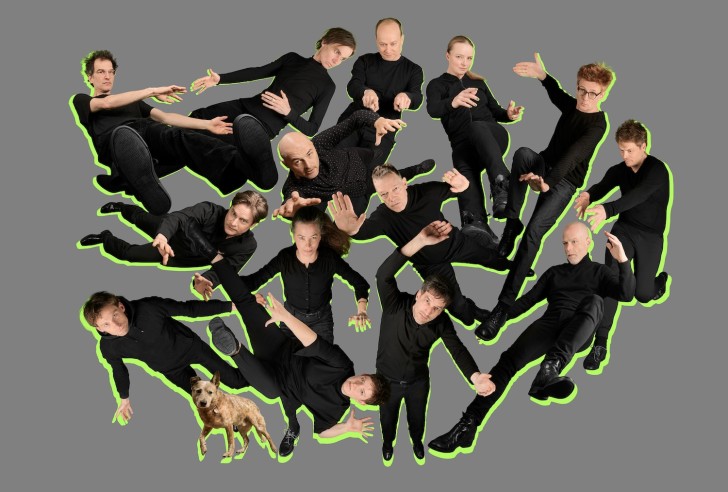Ermis Theodorakis
1979 –
Whipsaw 2019
Klavierkonzert
Whipsaw is a similar-looking chart formation (see stock market, securities trading). It is formed by the price line and an indicator (usually the moving average). The upward or downward crossing of the indicator by the price line is generally regarded as a signal for a trend reversal and for the corresponding action (buy or sell); in the case of a whipsaw, however, this single or repeated crossing proves to be a false signal: the trend reversal does not take place and the impatient trader has to accept losses.
Four distinct ideas come together in the piece, which can be described as Lines, Points, Chords, Trees. The compositional processes are stochastically controlled to a large extent, i.e. with the help of random numbers and probability distributions; this applies to almost all parameters of the composition: pitches, rhythm, meter, large form. The aim of these methods is to make the individual development of the ideas and the larger form more complex, so that the progressions are only recognizable on the whole, while the small or larger deviations (pull-backs) occasionally produce false signals for the listener about the development of the piece.
